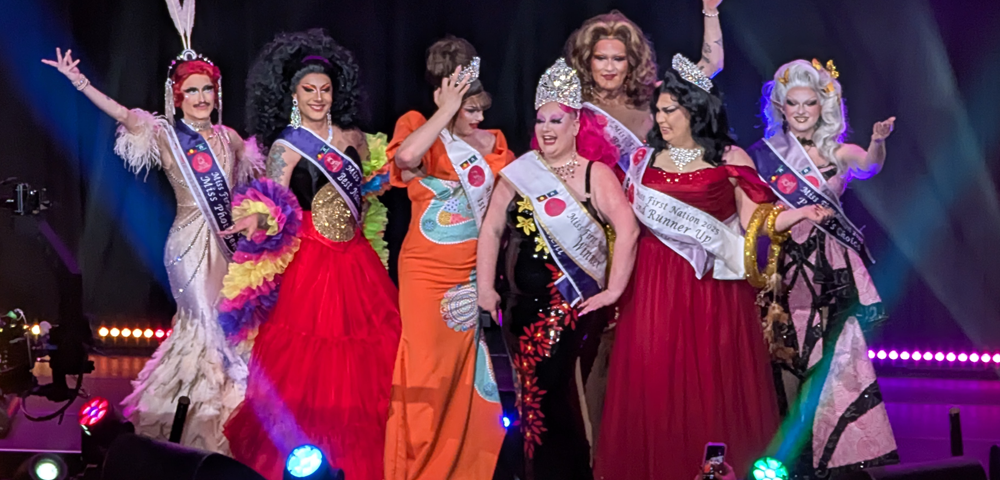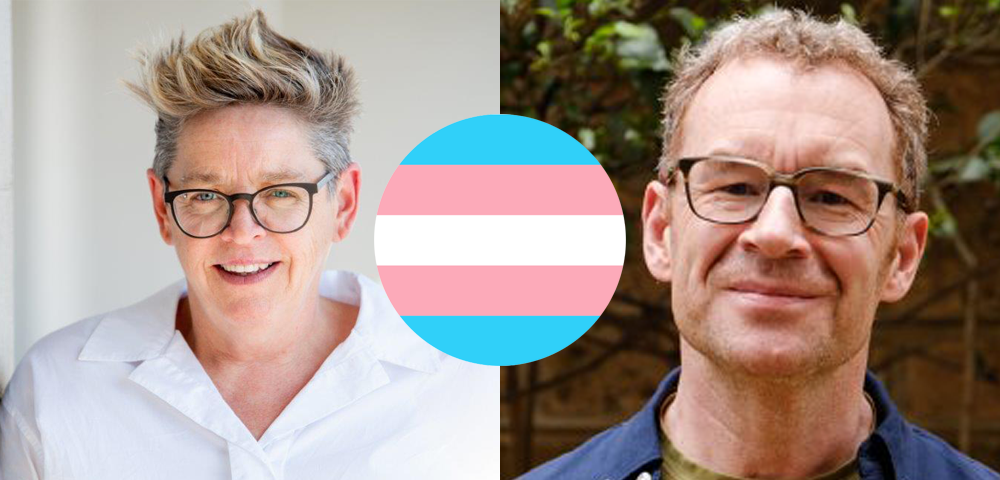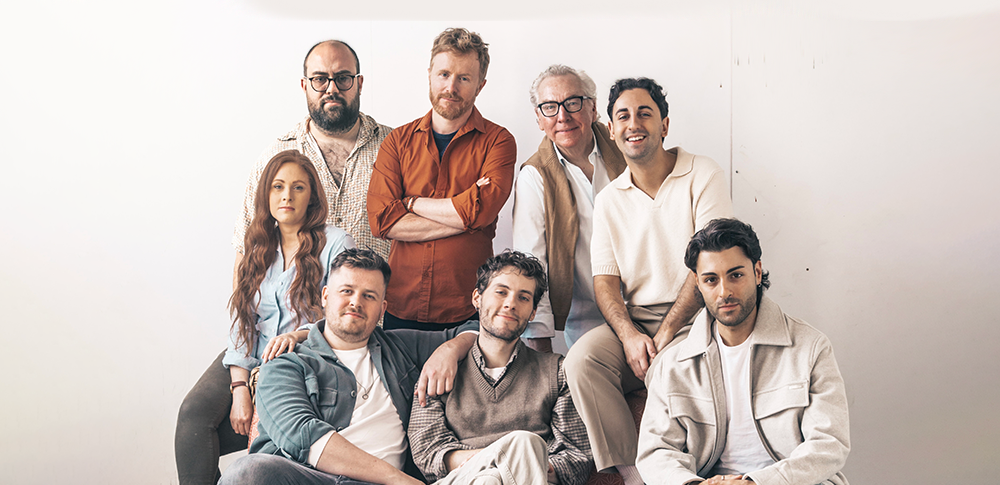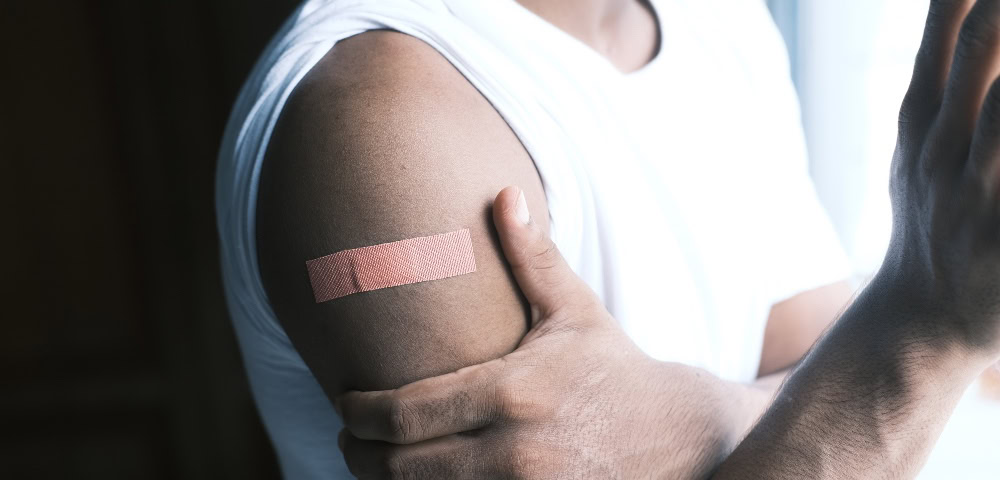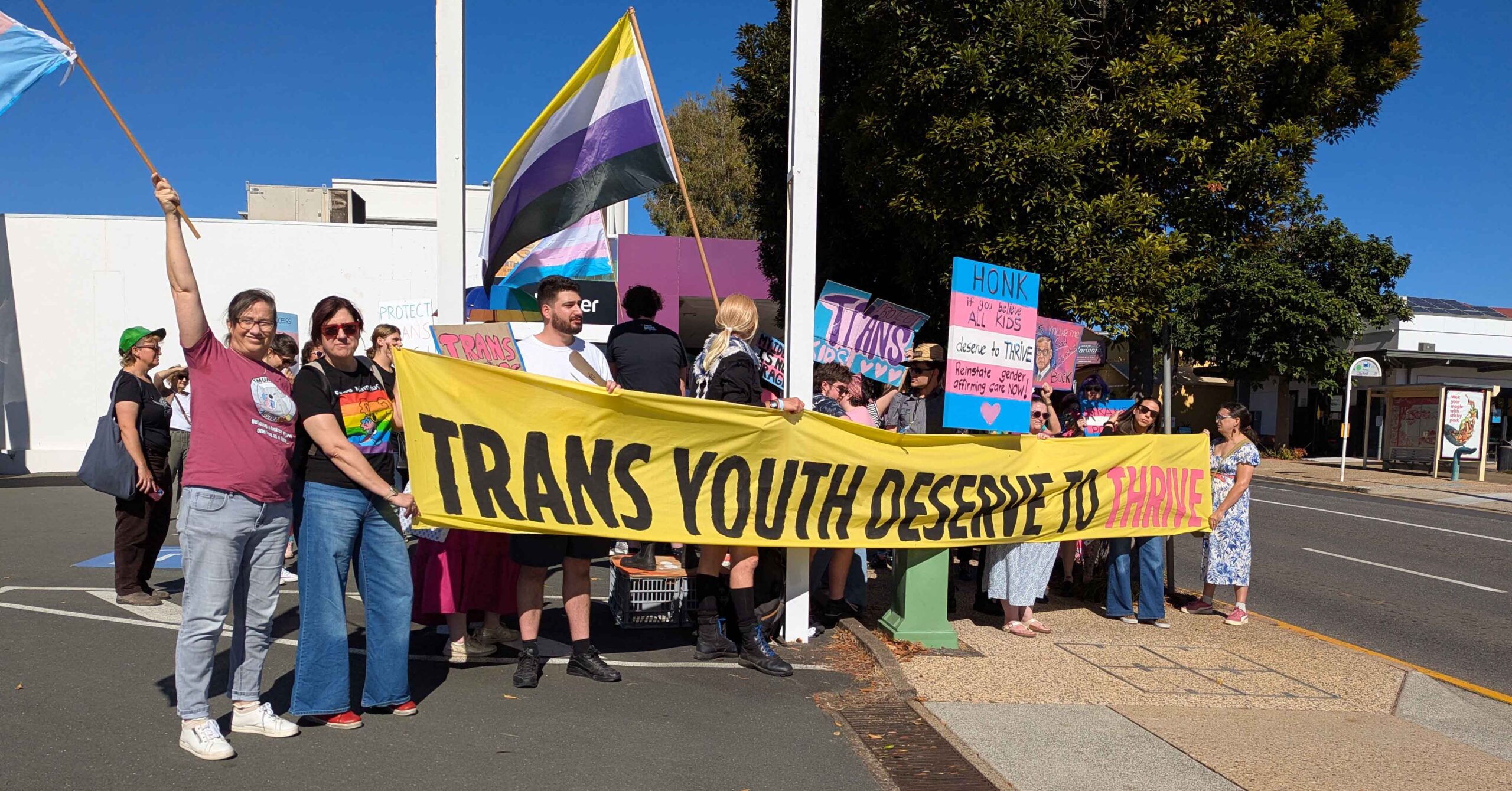
Gay and lesbian rights lobbies’ community survey rejects marriage equality public vote
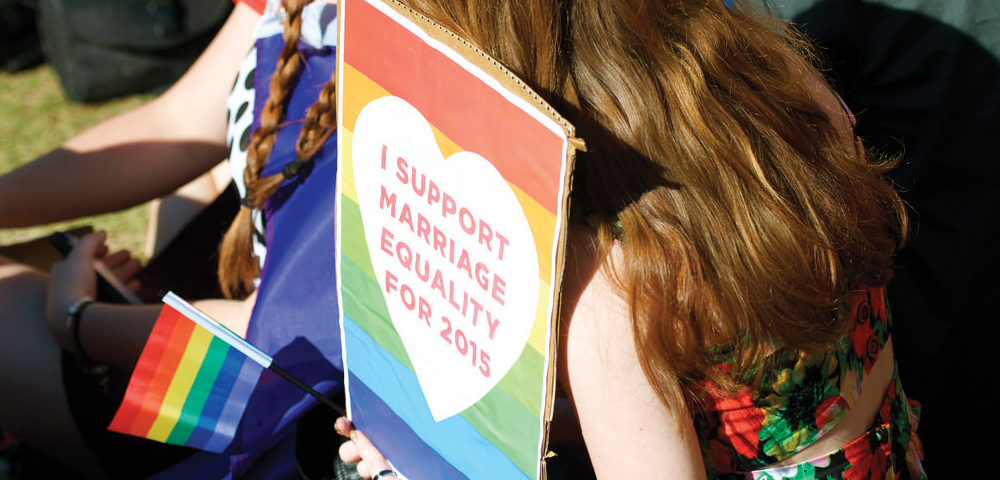
THE Victorian Gay and Lesbian Rights Lobby and NSW Gay and Lesbian Rights Lobby have called on Federal Parliament to reject a public vote on marriage equality and address this matter through a vote of the parliament, following a joint community survey they conducted.
The Victorian AIDS Council (VAC) have also published a position statement declaring its opposition to a public vote on marriage equality.
[showads ad=MREC]The calls from these community organisations come in light of Australian Marriage Equality backing a plebiscite to be held in conjunction with the next Federal Election as the next best option, following the defeat of a free vote in a Coalition party room meeting last month. (UPDATE: AME has also made a submission to a Senate on a marriage equality public vote that clearly stated its opposition to a plebiscite or referendum, and preferred a vote in parliament.)
More than 650 people completed the gay and lesbian rights lobbies’ joint survey, which found that 70 per cent of LGBTI did not support a public vote of any kind on marriage equality.
“It is unnecessary, costly and potentially harmful to young or vulnerable LGBTIQ people and their families,” NSW GLRL co-convenor Justin Koonin said.
The GLRLs believe the political risk of the government independently setting the terms for a plebiscite is real and that if a plebiscite were to be held, it should be held at a fixed date after the next election.
“This would ensure that the public has the opportunity to consider each party’s position on a plebiscite at the next election,” VGLRL co-convenor Sean Mulcahy said.
“It would also ensure that there is a properly coordinated campaign with appropriate guidelines and protections put in place.”
Some of the guidelines recommended by both GLRLs include those that would prevent advertising that is false, misleading, irrelevant or stigmatises individuals or groups based on their sexual orientation, gender identity or religion.
They also called for support hotline numbers to be included at the conclusion of any advertisement or report on marriage equality, similar to reporting of suicide and mental illness.
Meanwhile, VAC said in a statement that “a plebiscite would not be the appropriate forum to discuss an issue of human rights, and would be costly, divisive and potentially harmful to GLBTI Australians”
Unlike a referendum, a plebiscite is not legally binding, so even if successful it would not mean MPs must legislate marriage equality.
The Australia Electoral Commission’s submission to a Senate enquiry earlier this week estimated that if a plebiscite were to be conducted at the next Federal Election, it would cost $44 million. However, if the plebiscite were to be conducted on its own, it’s estimated it would cost $158 million.
“A plebiscite would be an expensive and completely unnecessary exercise — this is money that could be much better spent on services urgently needed by LGBTI Australians,” VAC chief executive Simon Ruth said.
“$158 million could mean 160,000 12-month courses of pre-exposure prophylaxis (PrEP) for HIV, 79,000 rehab beds for ice users, or counselling for 225,000 GLBTI people affected by family violence or experiencing mental health difficulties.
“Beyondblue has recently acknowledged the negative impact of our current marriage laws on GLBTI people’s mental health — why waste more money that could go to supporting GLBTI people at risk?”
VAC also expressed concern that a plebiscite could provide a public platform for divisive, hostile or vitriolic attitudes towards Australia’s LGBTI people.
“The last thing we want is for a public debate about the rights of same-sex couples in Australia to see outdated stereotypes about GLBTI Australians used to drum up fear of the proposed change,” Ruth said.
“Marriage equality should improve the health and wellbeing of GLBTI Australians — not only will this plebiscite fail to allow same-sex couples to marry, it has the potential to make the lives of people in marginalised communities worse.”
“This is a matter that should be resolved in our federal parliament. The human rights of GLBTI Australians should not be put to a public vote.”
Yesterday, federal Coalition backbencher Warren Entsch said Prime Minister Tony Abbott had committed to passing marriage equality legislation if a plebiscite on the issue were to go ahead and led to a successful result.
The far-north Queensland MP’s cross-party marriage equality bill was briefly debated in Federal Parliament yesterday, but in the Federation Chamber rather than the House of Representatives.
After a brief 10 minutes of debate, the bill now joins three other marriage equality bills in legislative limbo and it is unlikely to come to a ballot with the Coalition obliged to vote against it.
The NSW GLRL and VGLRL have both raised concerns in separate submissions to the Senate inquiry into a marriage plebiscite.




